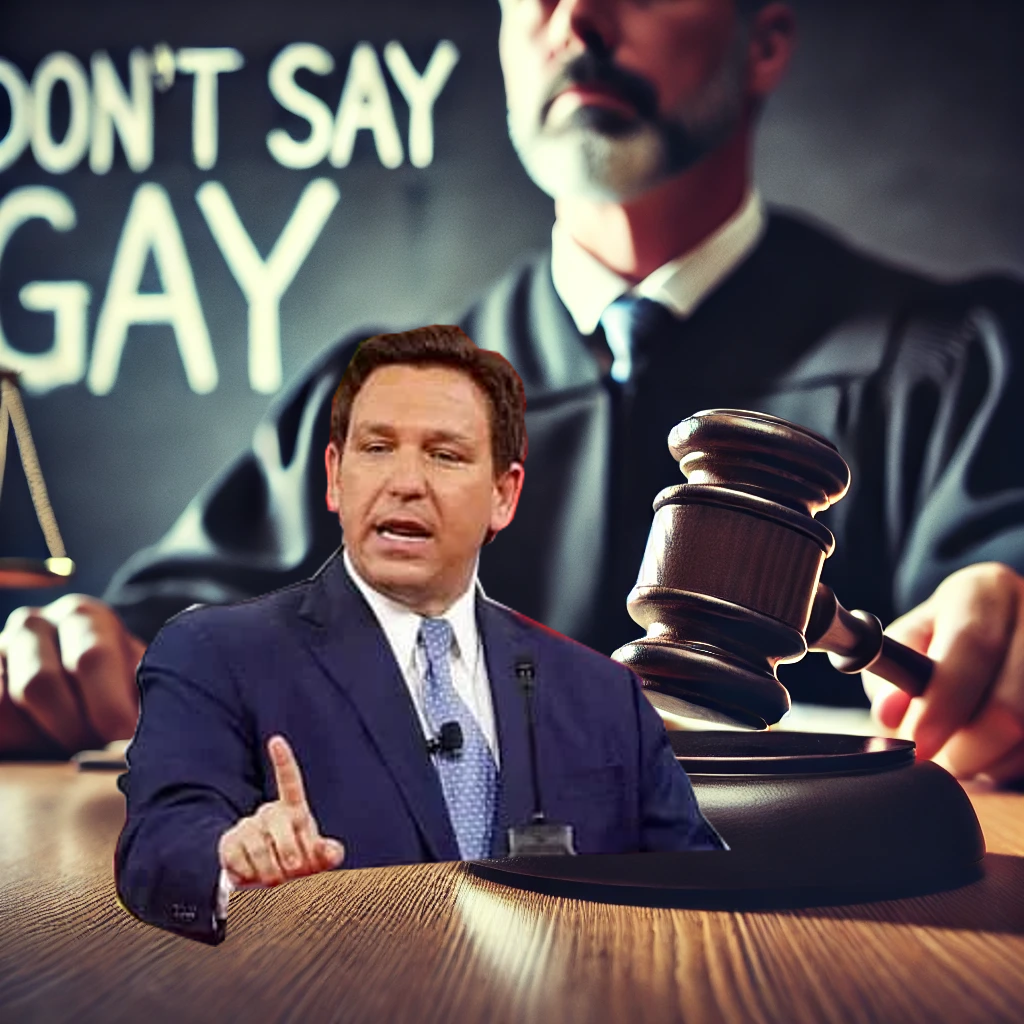A retired teacher was sentenced to five years in prison for leaving obscenity-filled voicemails threatening to harm a federal judge in Florida. The judge had recently rejected a legal challenge to the state’s controversial “Don’t Say Gay” law, formally known as the Parental Rights in Education Act, which restricts classroom discussions on sexual orientation and gender identity for young children.

The sentence, handed down by U.S. District Judge William Jung in Tampa, was the maximum possible for Stephen Thorn, a 66-year-old retired teacher who pleaded guilty in May to a single charge of making threats. Thorn’s sentence was notably twice as long as what prosecutors had requested. In his letter to the court, Thorn apologized, claiming he had “rashly and angrily” overreacted after reading a news story about the judge’s ruling.

Thorn’s case underscores the rising trend of threats against federal judges, which has been on the rise in recent years. According to the U.S. Marshals Service, serious threats against federal judges increased from 224 in fiscal year 2021 to 457 in fiscal year 2023. This trend reflects the increasingly ideological divide in the United States and how judicial opinions are perceived. While the threats are usually anonymous, law enforcement has stepped up it’s prosecution and enforcements efforts.

Court filings revealed that the teachers voicemails were in response to a 2022 ruling by U.S. District Judge Wendy Berger in Orlando. Berger, who was appointed by former President Donald Trump, had dismissed a lawsuit brought by LGBTQ students, their families, and civil rights groups. The lawsuit sought to block the implementation of the Parental Rights in Education Act, which Governor Ron DeSantis signed into law earlier that year.

The law prohibits classroom instruction on sexual orientation or gender identity in public schools for children from kindergarten through third grade, or approximately ages 5 to 9. Critics of the law, including Democrats and LGBTQ advocates, argue that it is discriminatory and harmful to the lesbian, gay, bisexual, transgender, and queer community. The bill has been widely criticized as the “Don’t Say Gay” law by its opponents.

Despite widespread criticism and protests, including walkouts by high school students across Florida, the bill was passed by the Republican-controlled state legislature. Governor DeSantis, who has consistently supported the bill, argues that it gives parents more control over their children’s education and what they learn in school.

Judge Berger’s decision to dismiss the lawsuit and uphold the law highlights the significant impact that federal judges, particularly those appointed by former President Trump, have on shaping the legal landscape. The ruling by Berger, along with Thorn’s subsequent threats, brings to light the deepening divisions within American society over issues of gender, sexual orientation, and the role of education in shaping young minds.

As the debate over the “Don’t Say Gay” law continues, the repercussions of this law, and the judicial decisions surrounding it, are likely to have a lasting impact on Florida and the nation. Thorn’s case serves as a stark reminder of the volatile climate surrounding these issues and the real-world consequences for those who threaten the rule of law.





